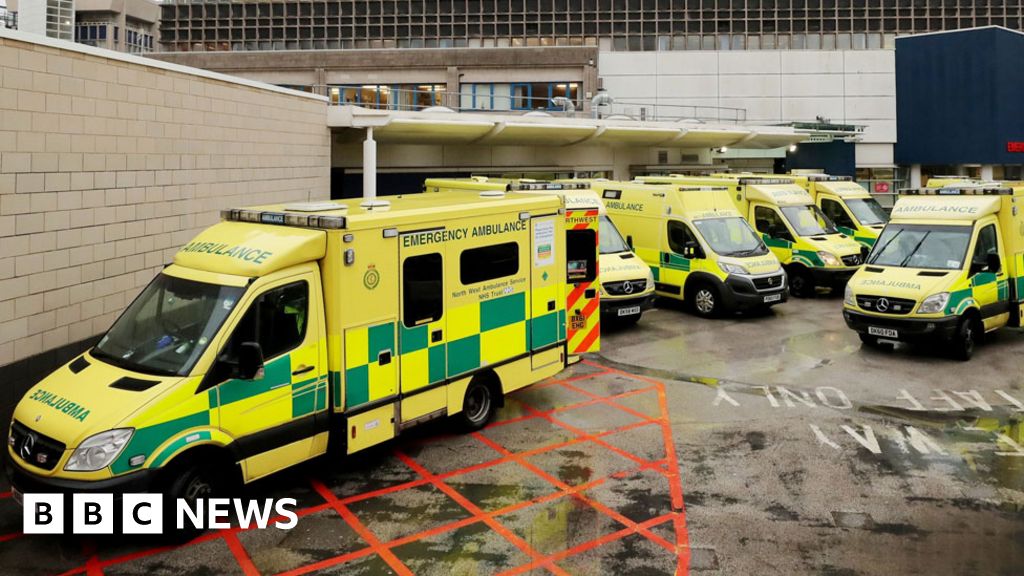- Joined
- Nov 27, 2002
- Messages
- 7,890
- Reaction score
- 752
Because of the ridiculous import given to "patient experience" (the current buzzphrase to avoid calling it customer satisfaction) our group treats every complaint as a real issue. This has resulted in some truly absurd issues being communicated to the physicians as though they are real, actionable or rational.
To kick things off here's one I got the other day. My group has people in the office call some discharged patients from each doc to look for dirt.
Patient callback - child in ED, spoke to mom "I don't know how he's feeling. CPS took him away." Mom rates experience as negative.
Of note CPS wasn't involved due to anything that happened in the ED. But mom rated her "experience" as negative so I took the hit. Not sure if the caller explained that they were asking about the experience in the ED not with CPS but oh well.
This wasn't mine. From one of my colleagues:
"I was only there for a little while. It felt like an in and out experience." We are taught that patients want be be in and out super fast but some want to stay and chill. The "coaching" on this one was that we should "discuss with the patient their perception of what would be an appropriate time to spend in the ER for their particular problem," i.e. we're now supposed to ask them how long they want to hang out.
To kick things off here's one I got the other day. My group has people in the office call some discharged patients from each doc to look for dirt.
Patient callback - child in ED, spoke to mom "I don't know how he's feeling. CPS took him away." Mom rates experience as negative.
Of note CPS wasn't involved due to anything that happened in the ED. But mom rated her "experience" as negative so I took the hit. Not sure if the caller explained that they were asking about the experience in the ED not with CPS but oh well.
This wasn't mine. From one of my colleagues:
"I was only there for a little while. It felt like an in and out experience." We are taught that patients want be be in and out super fast but some want to stay and chill. The "coaching" on this one was that we should "discuss with the patient their perception of what would be an appropriate time to spend in the ER for their particular problem," i.e. we're now supposed to ask them how long they want to hang out.

